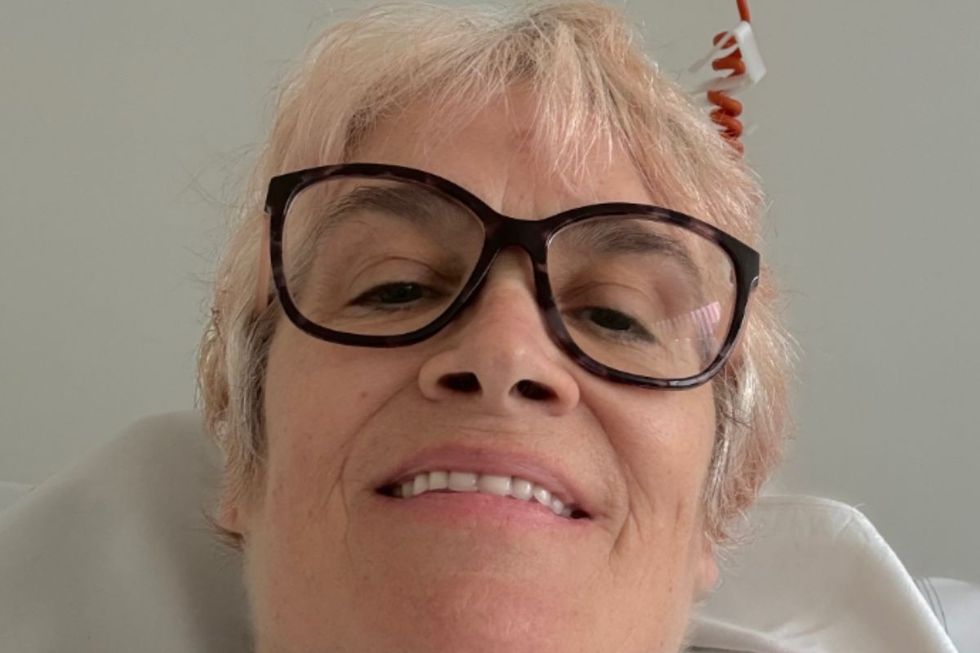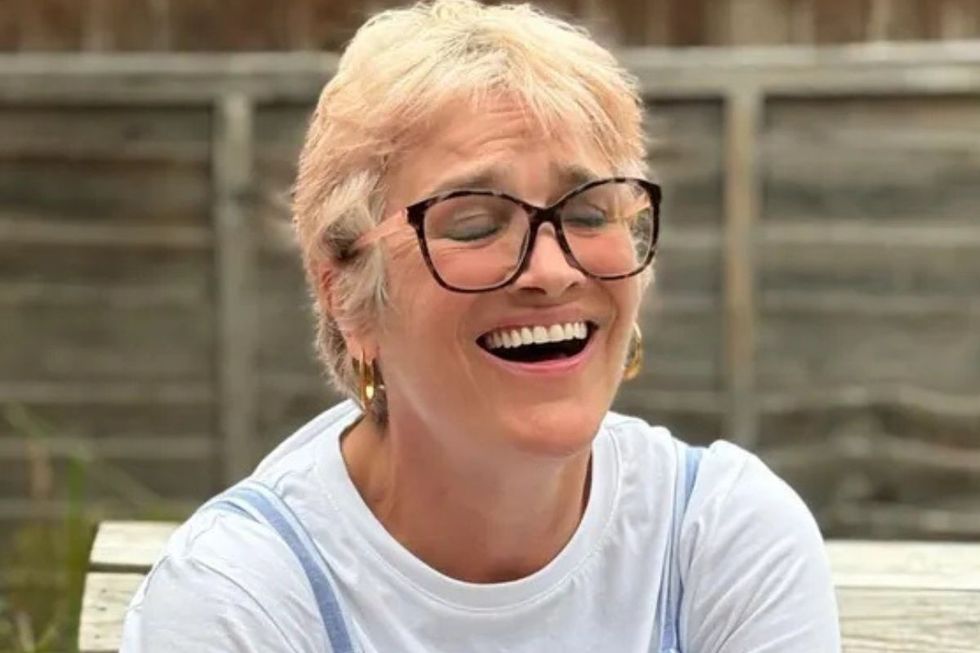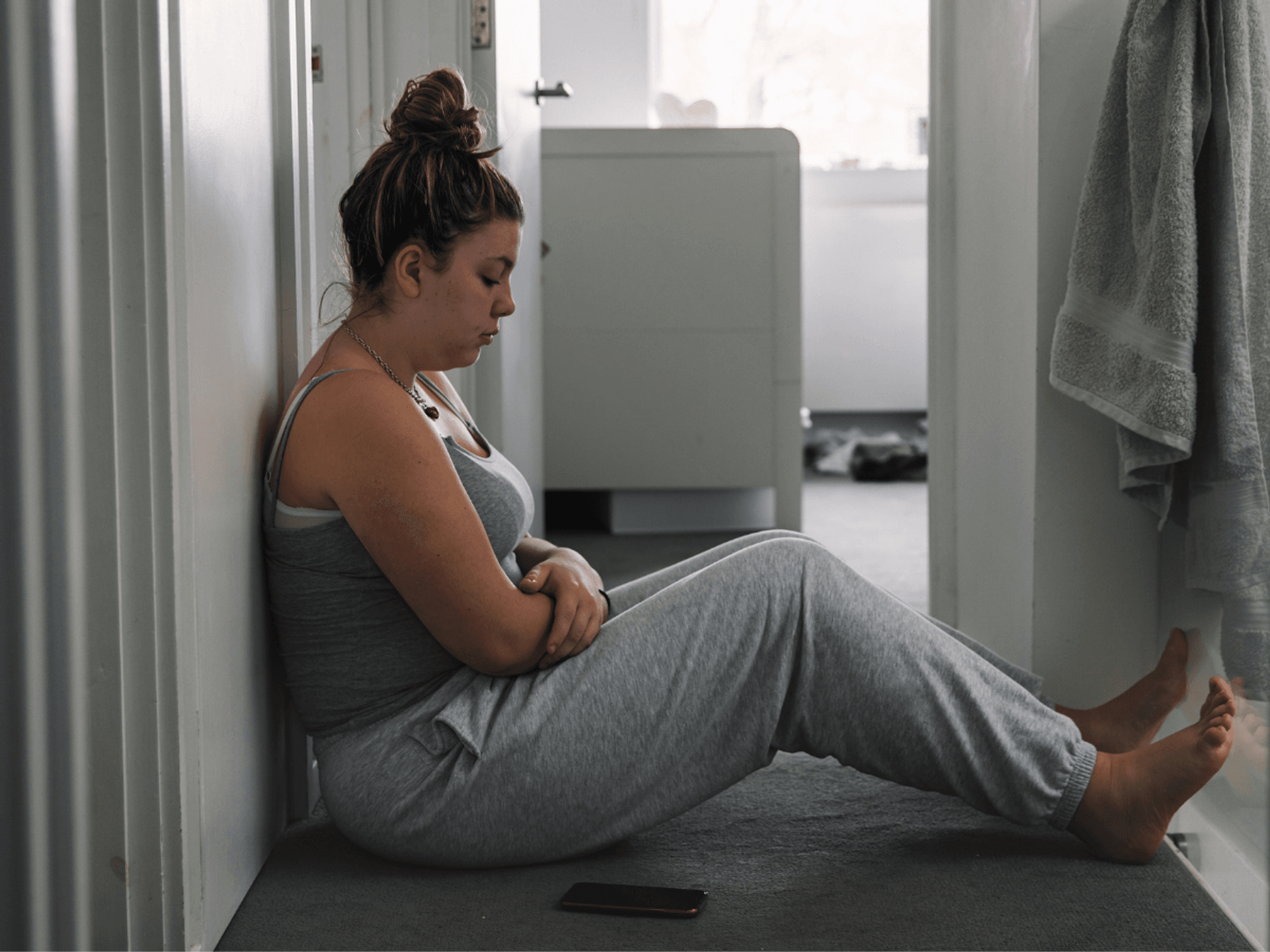Woman, 59, given terminal pancreatic cancer diagnosis after symptoms twice dismissed as UTI

The tumour was discovered after unrelenting pain eventually drove the patient to A&E
Don't Miss
Most Read
Latest
A Berkshire woman's persistent abdominal discomfort was twice dismissed as a urinary tract infection before medical tests revealed terminal pancreatic cancer.
Laura Nixon, aged 59, endured months of severe pain that doctors initially attributed to a UTI, prescribing antibiotics on two separate occasions.
The misdiagnosis occurred between January and April 2025, when Ms Nixon repeatedly sought medical attention for her worsening symptoms.
Her condition had been complicated by an earlier ulcerative colitis diagnosis in April 2024.

The cancer patient's ordeal started with stomach pains
|GOFUNDME
The truth emerged only after Ms Nixon demanded comprehensive health checks from her GP, leading to an urgent colonoscopy that uncovered stage four pancreatic cancer in July.
Her ordeal began with stomach pains that persisted despite antibiotic treatment.
An out-of-hours physician diagnosed her with a UTI in January 2025, but the medication proved ineffective after ten days.
A second medical consultation resulted in another UTI diagnosis and more antibiotics. Ms Nixon had assumed cancer screening occurred during her previous gallbladder removal surgery.
By April, the unrelenting pain drove her to A&E, where staff advised waiting for a CT scan appointment. Unwilling to delay further, she returned to her GP and insisted on immediate testing.
The subsequent colon scan triggered an urgent afternoon phone call on July 11, delivering the devastating news of advanced pancreatic cancer with an estimated five-year survival period.
Ms Nixon has rejected NHS chemotherapy in favour of alternative treatment at a German clinic, requiring £65,000 in funding.
Her mother contributed her entire life savings towards the medical expenses, while Nixon established a GoFundMe campaign to raise the remaining amount.
The specialised transarterial chemoembolisation procedure delivers medication directly to tumours through catheter insertion.
This approach isn't available through the NHS due to questions about its effectiveness.
Ms Nixon researched extensively after doubting her initial prognosis, fearing the tumour's size meant months rather than years of survival.
She paid £60,000 for Frankfurt-based treatment designed to restrict oxygen supply to the pancreatic tumour.
LATEST DEVELOPMENTS:

Unrelenting pain eventually drove Ms Nixon to A&E
|GETTY
Blood extraction procedures started on September 3 to generate hormones that would block oxygen flow to her pancreas, effectively suffocating tumour growth.
Ms Nixon will undergo intensive injections targeting metastases in her lungs and liver during a fortnight in Munich.
The combined treatments offer a 40-60 per cent chance of survival for two years. Despite her palliative care status, Ms Nixon expressed greater concern for loved ones than personal mortality fears.
She said she harbours no resentment towards her GP, stating: "I don't blame my GP at all - he's been so good and pressing for answers for a long time.
"He's amazing - I feel so sad for him as he's completely devastated."











